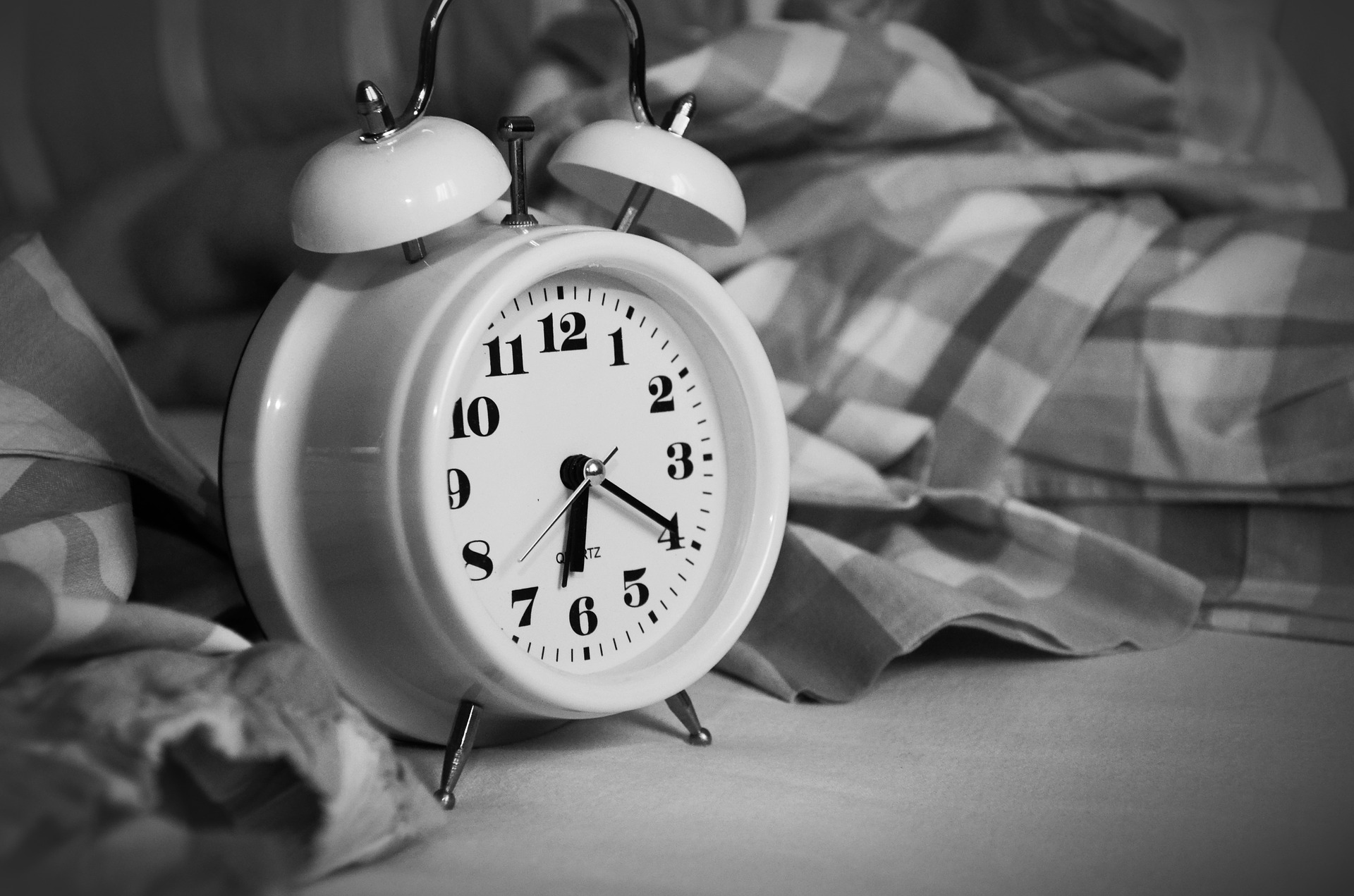World Sleep Day—Later school start times improve sleep quality and graduation rates

A delayed start to the school day can have a pronounced positive impact on the academic performance and behavior of high school students, a new study has found.
Pamela McKeever of Central Connecticut State University examined the school start times, graduation rates, and attendance of 30,000 students in 29 high schools across the US. The research shows that introducing a school start time of 8:30 a.m. or later leads to an increase in both attendance rates and graduation rates, with graduation rates rising from 79% to 88%.
A move to later start times even has the potential to narrow the achievement gap. McKeever and colleague Linda Clark explain in the Sleep Health journal that “when schools start later, students in lower socioeconomic categories are more likely to get to the bus on time. When they arrive at school on time, they’re more likely to stay in class and graduate.”
Getting enough good quality sleep is particularly important for teenagers as they grow and develop. Past studies have linked sleep deprivation to higher rates of suicide, substance abuse, and depression amongst young people. The American Academy of Sleep Medicine advises that “later school start times could improve sleep, reduce car accidents and reduce sleepiness.” Despite this evidence, the vast majority of public high schools in the US still have start times between 7:00 a.m. and 8:30 a.m.
In an article for IZA World of Labor, Teny Maghakian Shapiro states that “early secondary school start times are not conducive to learning” due to the “later natural sleep and waking times” of teenagers. Maghakian Shapiro suggests that the benefits of introducing policy to delay the start of the school day are far reaching, and are likely to outweigh any associated costs.
Read more related IZA World of Labor articles: